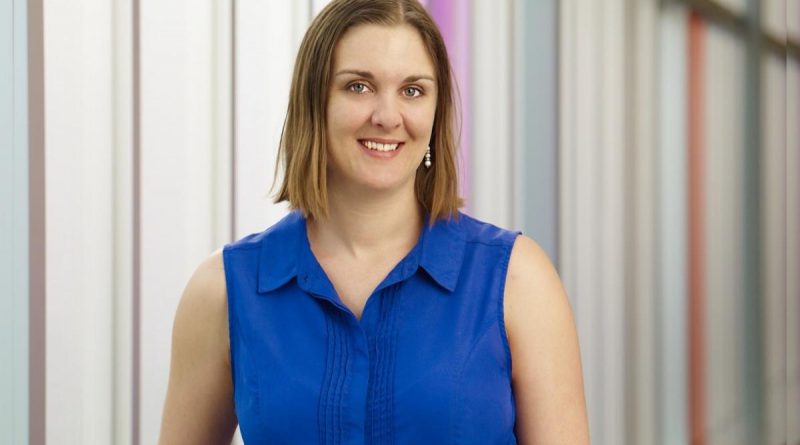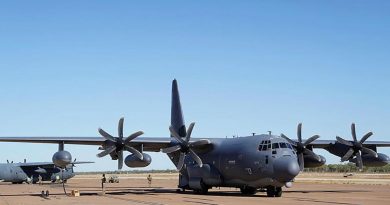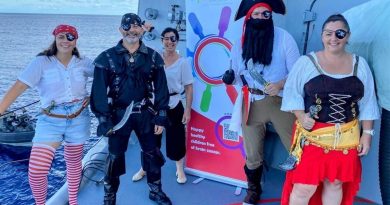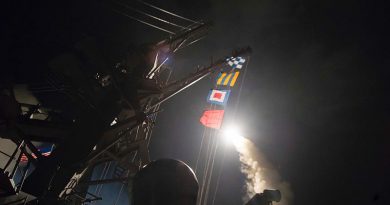Fighting molecular warfare

In her civilian job, Laura Cook’s work focuses on understanding how cellular immunity to viruses and bacteria is developed, including recent research focused on COVID-19.
CAPTION: In her civilian job, Army reservist Dr Laura Cook works as a senior research officer at the Peter Doherty Institute for Infection and Immunity in the Department of Microbiology and Immunology, University of Melbourne. Story by Captain Annie Richardson.
Dr Cook also is a captain in the Royal Australian Engineers, currently serving as an Army Reserve project officer in the Littoral and Riverine Survey Squadron of the 10th Force Support Battalion.
When out of uniform, she is a senior research officer at the Peter Doherty Institute for Infection and Immunity in the Department of Microbiology and Immunology, University of Melbourne.
Her studies focus on regulatory T cells, an immune cell which helps ensure a person’s immune responses don’t cause too much damage to the body while combating an infectious threat.
With a Bachelor of Science (Honours) and a doctorate in immunology from the University of NSW, Dr Cook is an expert in her field and draws parallels between her day job and her Army Reserve role.
Dr Cook said the evolutionary interactions between an immune system and invading bacteria and viruses were like warfare, but on a cellular and molecular level.
“In order to develop new therapies we need to find ways to manipulate the immune system, and I like the idea of being on the forefront of that,” Dr Cook said.
She joined the University of NSW Regiment in 2005 and undertook officer training while completing her undergraduate degree.
When her civilian career took her to Canada, she was able to continue her reserve career under a Reserve Force Foreign Service Arrangement.
“While I was completing my postdoctoral training at the University of British Columbia, Vancouver, I also worked for five years with the Royal Canadian Engineers, which provided unique training opportunities, particularly in winter environments,” Dr Cook said.
Returning to Australia in October 2020, she deployed on Operation COVID-19 Assist with Joint Task Group 629.2 supporting the Victorian Department of Health and Human Services, and then served with the ADF response to the Victorian storms.
“The opportunity to help the community in times of need is a big part of why I love my Army Reserve service,” Dr Cook said.
“I also love that the skills I have developed in Army have helped me in my civilian job, in particular team leadership, planning, communication and personnel management.”
When she isn’t in the laboratory, Dr Cook enjoys snowboarding, scuba diving and bushwalking.
.
.

.
.





